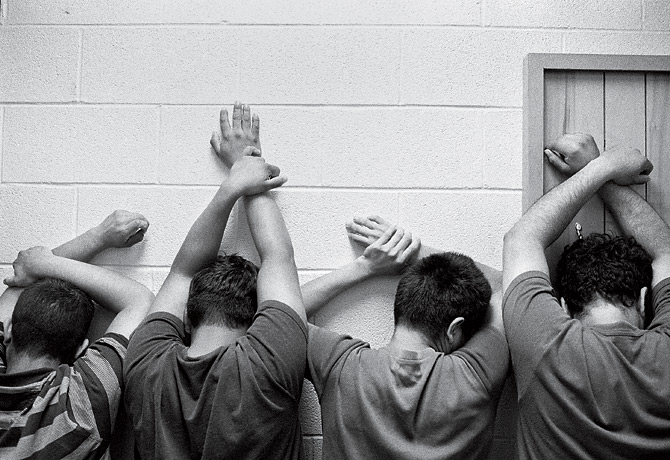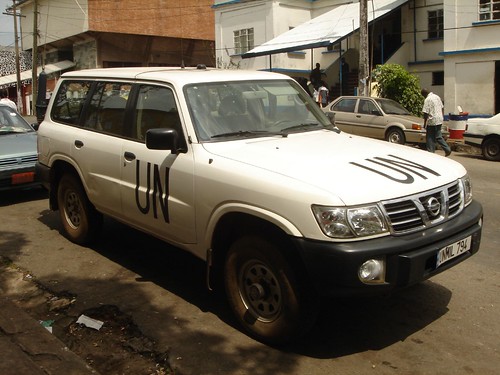
I recently finished a masters degree from an international service sort of school. As a part of the finishing up process we were given our admissions essays back. I read mine over with great trepidation, fearing the arrogance and idealism of my youth (all of four years ago:)) Instead I found the seeds of my then eminent change in how I saw the world. I won't burden you all with the whole thing, but just the inspiring and funny parts. Enjoy!
For almost as long as I can remember I have wanted to save the world. My earliest memories are of hearing of people in pain and distress and picturing myself sweeping in to rescues them. It doesn't take one long to realize that this was a selfish and vain goal, a goal entirely based on a desire for glory and praise. As I have grown, the nature of my desire for international service has changed dramatically I learned that "saving the world" is not as easy as it sounds, and that it is more likely to happen in tiny increments that are hardly visible, rather than one sweeping action by a sole woman on a mission. I also learned that though there are many Mother Teresas in this world, only one of them has ever been given proper recognition.
....When I arrived in Argentina I was naive thinking that my one year of college Spanish would prepare me to be fully immersed in a country where they speak Castellano. It took me all of four seconds in the airport to figure out I was wrong. Then the house dog biting my my first night in my English-less host home taught me that communication is in no way limited to words. Three months later I discovered that you could wear the same outfit for three days in a row. Not only was there no snickering, but also, life continued much the same as it had when I wore a new outfit every day, only less laundry and less decision making.....
Just a few reflections. I would say there was still some arrogance, still some assumptions about helping and helplessness - I will save that for the next post.












